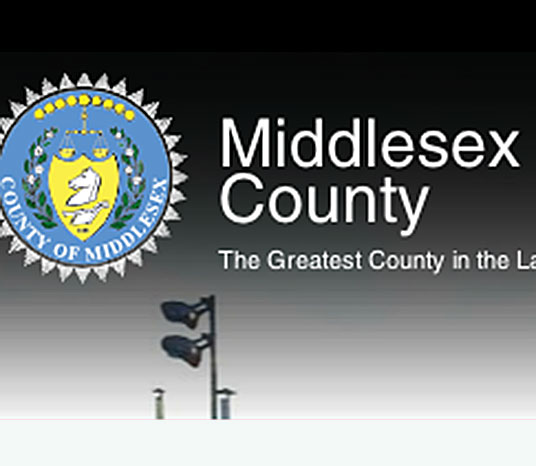The Middlesex Regional Educational Services Commission’s (MRESC) has officially changed its name to the Educational Services Commission of New Jersey (ESCNJ).
The ESCNJ operates seven schools for students ages 3-21 with autism, multiple disabilities and at-risk behaviors, including two schools with on-site clinical support services.
The New Jersey State Board of Education voted on March 2 to unanimously support ESCNJ, which longtime Board President Dale Caldwell said could also stand for “Every Student Counts in New Jersey”
The MRESC board’s motivation for requesting the name change was the need to have a name reflective of the statewide service provider it has evolved to since its inception in 1977, according to MRESC Superintendent of Schools Mark J. Finkelstein.
The MRESC’s diligence to become a statewide service provider was first illustrated in 2003, when the U.S. Department of Education and the New Jersey Department of Education re-emphasized the need for school districts to adhere to the mandate of working with special education students in the Least Restrictive Environment (LRE), Finkelstein said.
This effort resulted in many school districts saving as much as 30 percent in tuition charges, additional savings in transportation costs, and provided a way for more students to remain in their neighborhood schools, he said.
By 2005, MRESC had already established productive shared services relationships with 75 school districts in 11 counties.
Other examples of the MRESC’s statewide presence include establishing shared services relationships with 21 charter schools statewide; providing itinerant services for deaf and hard of hearing students in 16 counties; receiving special education students from 12 counties; working with school districts in all 21 counties as a service provider for the Department of Education’s Digital Readiness for Learning & Assessment Project (DRLAP); developing a Patient Educational Instruction Program to address the individualized educational needs of patients at Children’s Specialized Hospital, enabling them to keep pace with instruction being provided at their resident school district; offering a Post 21 program for young adults who have aged out of their public school program; and establishing its co-op pricing system, a cooperative buying program for equipment and supplies at reduced costs for school districts and government agencies.
“Having watched us expand the number and variety of services we offer to all 21 counties in the state, I am extremely grateful to the New Jersey State Board of Education for recognizing our proactive commitment to improving the education of students with disabilities, and meeting the needs of other school districts, municipalities and public and private entities,” said Bill Petscavage, MRESC board vice president and current president of the Milltown Board of Education.
According to Finkelstein, the MRESC Board of Directors will act upon a recommendation to approve the name change at its regularly scheduled March 18 meeting. Most aspects of the transition will be implemented in September.

